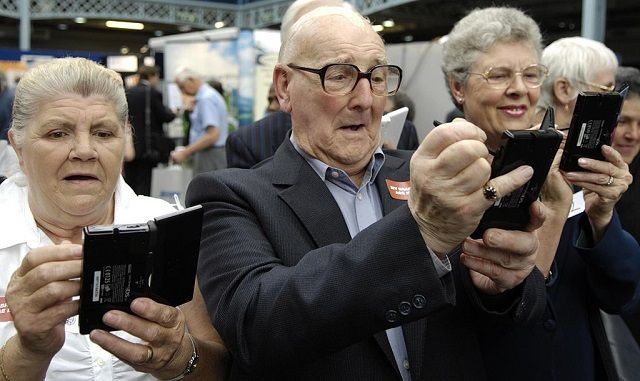Does Brain Training Really Work? Games May Be Fun, But They May Not Boost Your Mindpower

Sorry hopeful Einsteins; it seems that brain training games and apps may not be worth the trouble after all.
A large collaboration of researchers in the fields of cognition and psychology conducted an exhaustive review of the available science on brain training games. They found that the games were great at improving people’s ability to play the game itself — essentially proving practice makes perfect. But they found only some evidence that this learned mastery could improve people’s performance on related cognitive tasks, and little evidence that it could translate to better performance on distantly related tasks or improve people’s actual brain power.
“[T[here does not yet appear to be sufficient evidence to justify the claim that brain training is an effective tool for enhancing real-world cognition,” the authors wrote.
While the logic behind using brain training games to boost cognition isn’t entirely faulty, it’s still flawed, explained lead author Dr. Daniel Simons, a professor of psychology at the University of Illinois.
"If you practice remembering playing cards, you'll get really good at remembering playing cards. But does that help you remember which medications to take, and when? Does it help you remember your friends' names?” Simons said in a statement. “Historically, there is not much evidence that practicing one task improves different tasks in other contexts, even if they seem to rely on the same ability."
Additionally, Simon and his colleagues allege that much of the current research on brain training has been shoddily performed or misrepresented.
"Sometimes the effects of a single brain-training intervention are described in many separate papers without any acknowledgment that the results are from the same study," Simons said. "That gives the misleading impression that there is more evidence than actually exists, and it makes it hard to evaluate whether the study provided any evidence at all."
Other studies failed to include a proper control group or tested for improvements using tasks that have little real-world applicability. And outside of the lab, companies often used the positive results from studies of a small specialized group — people living with schizophrenia or learning disabilities, for instance — to market their games to a much wider slice of the population, the authors said.
In recent years, brain training has skyrocketed in popularity, thanks to the release of portable games like Brain Age and its sequel on the handheld Nintendo DS. According to research cited by the authors, the market sales of brain training software eclipsed more than $700 million in 2013 — a figure that may rise to over $3 billion in 2020. But while they found little negative harms from playing these games, Simon and his colleagues believe that people hoping to boost their thinking caps or stave off mental decline as they age may need to turn elsewhere, at least until better-performed research comes around.
"We hope future studies will adopt more rigorous methods and better control groups to assess possible benefits of brain training, but there is little evidence to date of real-world benefits from brain training," concluded Simon.
The findings were published in Psychological Science in the Public Interest.
Source: Simon D, Boot W, Charness N, et al. Do “Brain-Training” Programs Work? Psychological Science in the Public Interest. 2016.
Published by Medicaldaily.com



























